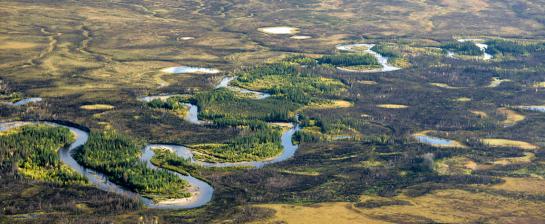Given accelerating global climate change, understanding and enhancing the ways in which our social and ecological systems can withstand, respond to, and recover from changes (e.g., sea level rise, seasonal shifts) and disruptions (e.g., floods, hurricanes, fires) is critical.
The Nicholas Institute is engaged in work exploring the role that coastal habitats play in coastal protection and blue carbon in the Eastern U.S., challenges to payments for blue carbon, and policies to promote coral reef resiliency. We are also supporting the State of North Carolina in understanding how wetlands and floodplains can be managed to enhance resilience and carbon storage.
The Institute has additionally developed a series of interactive tools and provided analysis to help the U.S. Army Corps of Engineers better manage its reservoirs for flow and storage of water in the face of climate change.
Through our partnership with the Climate Adaptation Science Center hosted at NC State, the Institute has been helping state and federal agencies think about how management of our natural lands and wildlife may affect the provision of ecosystem services over time.






























